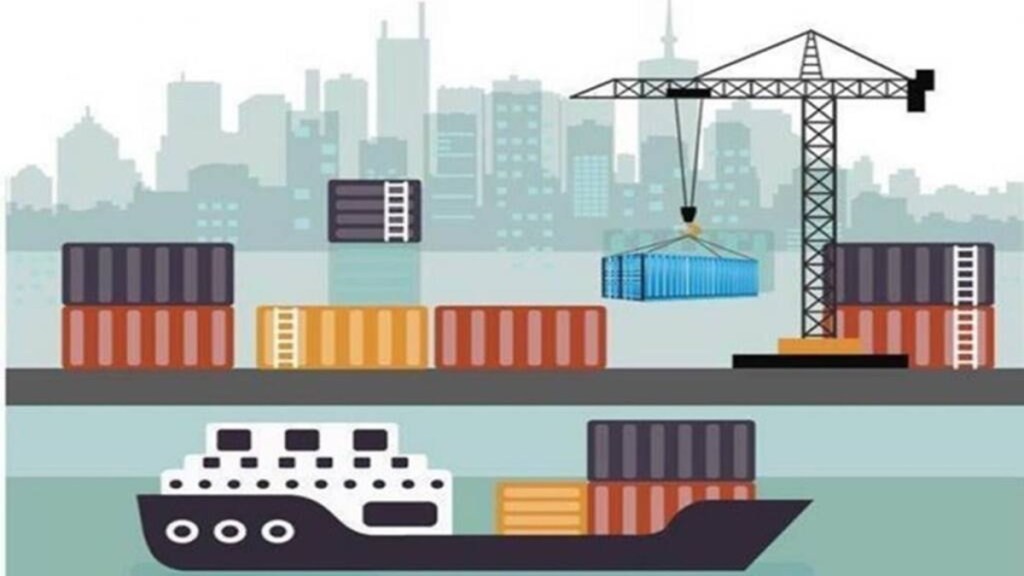Negotiations for a free trade agreement between India and the UK, launched in January 2021, have entered the final stretch. The 12th round of discussions began on August 7 with19 out of the 26 chapters closed for negotiations. The remaining chapters entail contentious and challenging issues like intellectual property rights, rules of origin, environment, labour and an investment treaty which is expected to be signed along with the FTA. Setting deadlines is perhaps unrealistic as comprehensive agreements, which entail non-trade and regulatory issues, typically take 2-3 years unlike early harvest or interim FTAs that can be inked in six months. But there is a sense of cautious optimism among India’s officialdom that a broad consensus has been reached on most issues and the deal can soon be wrapped up. After the 12th round, both sides will then engage at a higher level during the G-20 trade minister’s meeting in Jaipur in end-August, There is no doubt that the FTA will cross the finishing line only with support at the highest political levels of both nations. While Prime Minister Narendra Modi wants an agreement that is “balanced and comprehensive”, his UK counterpart Rishi Sunak has indicated that he would not “sacrifice quality for speed” in securing the deal.
The challenging issues of a deep India-UK FTA entail more than the tariff reductions that the UK seeks from India for its Scotch whisky, salmon and cheese as the simple average tariffs on goods imported into India from the UK are 3X higher than tariffs on Indian goods exported to the UK. Over successive rounds of discussions, both sides have reached a common ground on most of these issues. But the chapters entailing IPRs, digital and data protection, rules of origin and an investment treaty are more complex to negotiate. The UK is aiming for the adoption of its domestic standards on IPRs like data exclusivity and patent term extension which impact India’s production of life-saving generic drugs. India has managed to keep UK’s demand for free flow of data out of the agreement by sticking to its position on local data storage.
On ROOs, the discussions centre around the level of domestic value additionfor a product to qualify for concessional tariffs that the FTA offers to businesses on both sides. The UK wants flexibility in these criteria as it considers India’s proposed rules tough. The bilateral investment treaty is equally daunting. On dispute resolution, the UK is not in agreement with India’s insistence on the “exhaustion of local remedies” before initiating international arbitration. Butthere is a re-think on this matter within the Indian governmentto consider first resort to “international arbitration within the country” according to a report in this newspaper.
Concluding a deep FTA with the UK would serve as a template for India to ink a similarly ambitious deal with the European Free Trade Association and broaden the existing economic cooperation and trade agreement with Australia. As such deals entail non-trade issues and regulatory reform, an inter-ministerial panel is necessary to ensure better coordination on sensitive issues in negotiations. The commerce ministry needs to strengthen its capabilities as eight to ten officials at the joint and additional secretary level are not adequate to handle not just deep but also plain vanilla FTAs which are being currently negotiated.


